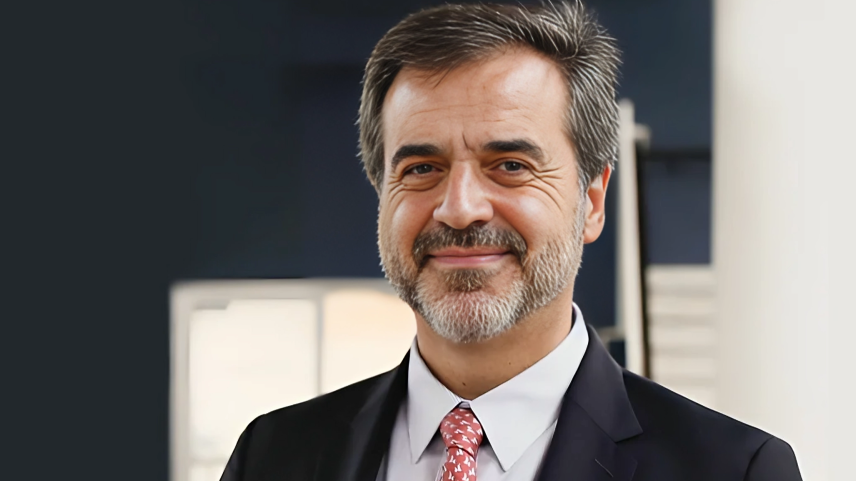Francisco J. Esteva, Chief of the Division of Hematology and Medical Oncology at Lenox Hill Hospital and a Professor of Medicine at the Zucker School of Medicine, shared on LinkedIn:
“As of September 10, 2024, the U.S. Food and Drug Administration (FDA) has mandated that all mammography facilities include breast density information in their reports and directly inform patients of their breast density status.
Breast density is categorized into four levels:
1. Almost entirely fatty
2. Scattered areas of fibroglandular density
3. Heterogeneously dense, which may obscure small masses
4. Extremely dense, which lowers the sensitivity of mammography
Patients will receive one of two standardized notification statements:
• Not dense: ‘Breast tissue can be either dense or not dense. Dense tissue makes it harder to find breast cancer on a mammogram and also raises the risk of developing breast cancer. Your breast tissue is not dense. Talk to your healthcare provider about breast density, risks for breast cancer, and your individual situation.’
• Dense: ‘Breast tissue can be either dense or not dense. Dense tissue makes it harder to find breast cancer on a mammogram and also raises the risk of developing breast cancer. Your breast tissue is dense. In some people with dense tissue, other imaging tests in addition to a mammogram may help find cancers. Talk to your healthcare provider about breast density, risks for breast cancer, and your individual situation.’
This regulatory update aims to enhance patient awareness and facilitate informed discussions between patients and healthcare providers regarding breast density and its implications for breast cancer screening and risk.
This regulation will increase significantly the number of patients requiring ultrasound and MRI screening. Are all centers equipped to comply with this mandate?”
Dr. Francisco Javier Esteva is the Chief of the Division of Hematology and Medical Oncology at Lenox Hill Hospital and a Professor of Medicine at the Zucker School of Medicine. He also serves as the Director of Breast Cancer Translational Research at Northwell Health. Before joining Northwell, he was a Research Professor at the NYU School of Medicine and Vice President of Clinical Development at Cellectis. Dr. Esteva prioritizes patient-centered care by ensuring patients are fully informed about their pathology, staging, molecular tests, and treatment options, fostering collaborative decision-making.


